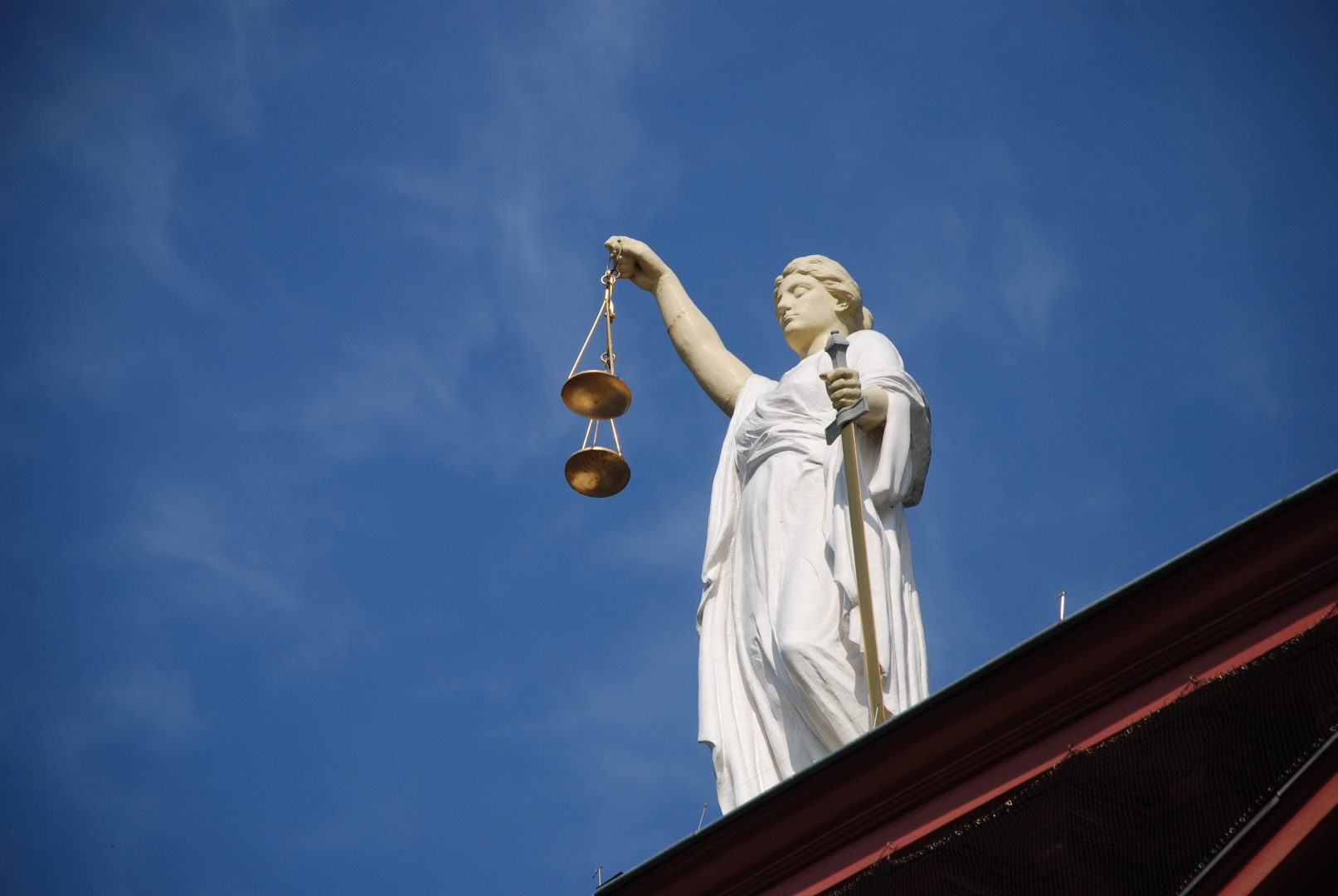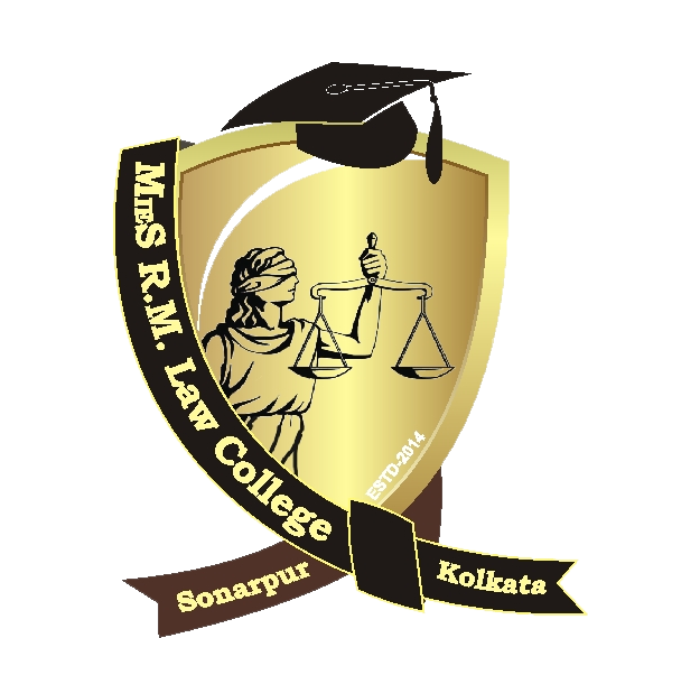Article on GLOBALIZATION AND INTERNATIONAL LAW
An insightful article on “GLOBALIZATION AND INTERNATIONAL LAW” has been authored by Mr. Tapan Kumar Das, Skill Development Officer, of MIES R. M. Law College, Kolkata.
MIES R. M. Law College is one of the best law colleges in West Bengal under the MIES group, located at Sonarpur, South Kolkata. With a glorious journey of excellence in legal education, MIES R. M. Law College has established itself as a top law institute for the 3-year LLB course in India. Affiliated with Vidyasagar University and approved by the Bar Council of India. Graduate students are eligible to pursue this course. The college stands tall among the premier legal education providers in the country
Introduction of GLOBALIZATION AND INTERNATIONAL LAW
When we talk about International Law, we understand its expanse and vast domain that International Law regulates the relations globally between States and International Organisations and Institutions, and Non-Governmental Organisations. The rules of International Law semi-globally govern the behaviours of the three main sectors, such as States, International Institutions, and Non-Government Organisations, as a single global society.
Where do the rules of International Law come from, as they impact globally for all state members?
In simplest understanding for the clarity of the answer, one must know that the rules of International Law originated from the principles of the International Treaties like WTO Agreement as an International Treaty, the United Nations as a Treaty consisted of 192 State-members of the globe which are based on the lights of different aspects and behaviours of international life, environment centre space whether it be oceans. So, naturally, it is evident that the source of the rules or principal way of arriving at International rules or law is the International treaties or agreements that were/are essentially negotiated between the sovereign countries or States of the globe.
What is customary Industrial Law (CIL) and how it is binding on the States globally?
International Laws, another source is Customary International Law, which is constituted of two 2-elements. I) One is for a shorter duration involving a sufficient amount of practice by States believing in honouring the UDHR rules. II) Another is that States must abide by the norms & principles related to the Universal Declaration of Human Rights upon complying with these two elements, States prove their abidance and sustenance of Customary Law, quite a part and parcel of International Law, or both alike.
International Law can naturally have a wider global effect for all States as it can establish a peaceful, just, perfect, and perennial cooperative & harmonious global order among all nation–states.
It is possible to establish globally a unified, harmonious, and lasting order among nations/countries of the World through two or three means, like:
- It can institutionalize forums as channels of communication, as like as the part of existing International institutions like the United Nations.
- The countries/member nations together, like the United Nations, can hold General Assembly Meetings and debate on a wide range of issues and process to continue communications & negotiations on different issues to come to a positive understanding & oneness in even differing opinions or ideas to resolve issues.
- There can be attained solutions, resolved or settled over the issues amid lawful mutual acceptance, understanding & cooperation among the States.
This way, under the shade, coverage & strength of International Law, States can bring about an effective and unified solution to any International conflict or issue since International Law promotes the peaceful ways of resolving disputes & conflicts or any differing opinion/idea into a positive & harmonious peaceful state among Nations-States/Member countries.
International Law from its global standpoint can bring about harmony, peace, unity & understanding even among odd Nations/States.
There are at least two hundred and odd sovereign States through a range of Courts and Tribunals, such as the International Court of Justice, which resolves disputes and conflicts between those States under the guidance & jurisdiction of the International Court of Justice. No individual has any local ‘Locus Standi’ or can appear before the International Court of Justice, but the concerned States having disputes among them can go to the International Court for resolving their disputes & issues for peaceful resolution, solution, and settlement among these countries/States.
No Individual country, in conflict with another neighbouring country, can avail the jurisdiction of the International Court.
When a neighbouring country conflicts with another neighbouring country, it cannot avail the jurisdiction of the International Court of Justice to settle disputes between them, like between India and Pakistan. When Pakistan took India to the International Court of Justice, it just refused to accept the jurisdiction under the case, because India itself had framed its acceptance of the jurisdiction of the Court in a manner that excluded all cases that are related to the Commonwealth Countries with disputes.
Countries avoiding /violating International Law are punishable.
Those countries which are violating International Law by emanating themselves in War or International Law war, are punishable under the International Court of Justice under the jurisdiction of the International Law which can impose & apply its power of Jurisdiction through the International Criminal Court to punish & penalise the individuals or individual Country responsible for committing War Crimes or as War Criminal, examples of the Courts such as for penalising & punishing are the Criminal Court of Rome Statute and Criminal Court of Yugoslavia for Rwanda and Criminal Court of Cambodia etc.
WTO’s Global role and effect under International Law in many of its dimensions & activities for sustaining peace and unity in this modern humanistic World order, by its selective means to be adopted for the settlement of disputes between States as members of the WTO..
Once one country is a member of the WTO, that State’s disputes must be settled through the mechanism of the WTO Dispute Settlement System, by which International Law provides for means of peaceful resolution of disputes of every State with other States. Which gives a clear effect in the Globalisation Process for sustaining the World‘s peaceful order for the existence of humanity. Hence effect for a globalised system of settling by peaceful resolution of the disputes between States firstly needed the institution of the channels of communications for negotiations to ensure the promotion of peaceful settlement of disputes & WTO in this process is an effective channel under the coverage of International Law.
Global effect by International cooperation for the settlement of War-like situations, or States in War, based on the Regulations of War under UNO character & International Law.
When the States appear or approach a war-like situation or are faced with War, International Law enforces the regulations of War, which must be regarded and followed by all sovereign States when they fall into war-like situations or war ought to use force. Such a War has to be regulated by the fighting Countries as per the prescribed rules & preconditions of War as defined in the UNO charter, and also for arriving at a peaceful solution & stopping the War, they will have to go and settle the disputes of War through a Truce.
In the harmonious globalization of economic relations among States, International Law has a special role to play.
International Law is weaving together different Nation-States as a part of the Globalization Process and weaving them together in a manner by relocating powers from sovereign states to the State for globalization of International Economic Relations, so as to navigate in this area as central to the full life of every Member State of the UN Charter.
Convention on Sea Water.
International Convention on Sea Water, i.e., Law of Sea Convention, within the territorial waters comes under the purview of International Law to specially & vigibly make the Ocean areas within the territorial waters or the exclusive economic zone in the High Seas as being regulated by the International Law of the Sea Convention. Likewise, the entire domain of Air & Space is now regulated by Air and Space Law as it denotes and defines the obligation of States towards both passengers as well as the planes flying over.
International Law is also globally effective in case of combating and fighting Terrorism, transnational organized Crime, and Corruption in the Nation-States and through several conventions.
There are already twelve International conventions in place to deal with the question of fighting terrorism and three conventions to eradicate transnational organised crime & and another convention for combating corruption in a nation or State of the globe. Various soft laws & treaties can govern every nation -country and all areas of international life and natural life as needed. This means there is nothing people can do in a country that is, today, not regulated by International Law.
GATT
GATT’s regulations are also imperative as it is part of the WTO and effective in International Trade & in International Law. This is concerned with International Trade & tariffs. GATT’s regulation is a part of the WTO & International Trade in goods, having pervasive as a pervasive global effect. GATT is as General Agreement on Tariffs and Trade as which is applicable effectively in the trade of imports and exports. There is also a quantitative restriction that a country can impose on goods that are exported or imported.
WTO’s role in a global perspective for foreign investment.
WTO has certain aspects & foreign investment under an agreement called the WTO Trims Agreement, which regulates trade in services. These are also new areas in the service industry, such as Banking, Tele-Communications, Legal Services, Educational Services & all the services we can think of will be regulated by GATTs. In the reality of international or foreign investment, a State’s import value/payments exceed export value/proceeds, There appears an imbalance by which a State is faced with a balance of payment crisis. MIGA is another, established by the World Bank, which is the Global Insurance Agency for private investors against non-commercial risks. Sovereign States under protection, the foreign investor gets protection from the uncertainty of getting their profit back from investments.
International Law in its Globalization-spirit
International Law & its court of justice has to play humanitarian intervention for solving political problems, crises, tortures & killings in a developing or a people with low-income State anywhere of the Globe by promoting cooperation from the powerful rich States with help of International Court of Justice supported by the force of proper Laws & Justice under the International Law & vision of globalization- spirit.
CONCLUSION:
What is necessary in this age is to make sure that the International Institutions & International Law or the Court of Justice, or any resolution thereof, need to take into account the national interest of each & every sovereign State/nation of the World to protect the people with low-income & disadvantaged sections of each country/State. On this point, therefore UNO, International Institutions, International Law, International Court of Justice are perfect models of good friends and guides to the goal-point in their need, ending in deed.
MIES R. M. Law College, located in South Kolkata, is one of the leading law colleges offering a three-year LL.B. degree course. Operated under the MIES R. M. Foundation Trust, the college boasts a highly qualified and competent team of faculty members, world-class infrastructure, and facilities that create an environment most conducive to academic excellence. With a strong record of successful campus placements and a student-friendly atmosphere, MIES R. M. Law College ensures holistic development for every learner. Special attention and extra academic support are provided to academically weaker students. Recognized as one of the top law colleges in West Bengal, the college continues its legacy of excellence in legal education.




